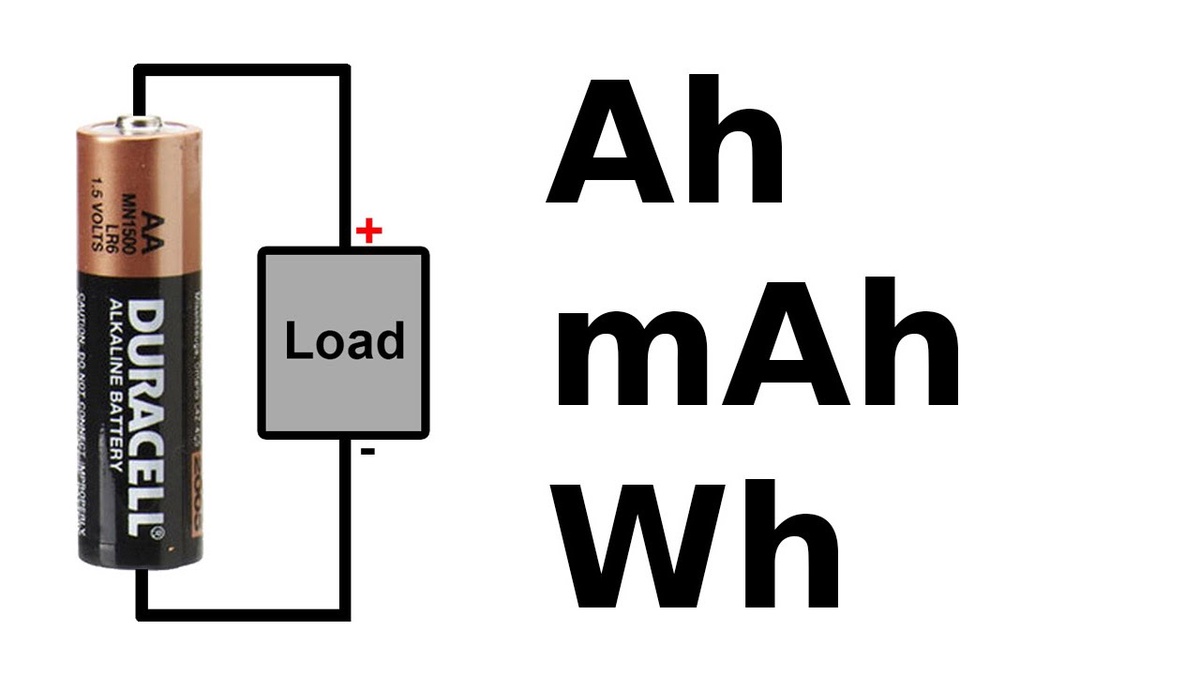Introduction:
As technology continues to enhance accessibility and mobility, electric wheelchairs have become indispensable devices for individuals with mobility challenges. The heart of these electric wheelchairs lies in their batteries, each with unique characteristics. In this article, we'll delve into the various electric wheelchair battery types, exploring their features and applications. Additionally, we'll unravel the science behind convert watt hours to amp hours, providing valuable insights for users and caretakers.
Electric Wheelchair Battery Types:
- Lead-Acid Batteries: Traditional lead-acid batteries have long been a staple in electric wheelchairs. They are cost-effective but come with a trade-off in terms of weight and limited cycle life. Lead-acid batteries are suitable for users with basic mobility requirements and budget constraints.
- AGM (Absorbent Glass Mat) Batteries: AGM batteries represent an advancement over traditional lead-acid batteries. They are maintenance-free, spill-proof, and have a higher energy density. AGM batteries are a popular choice for electric wheelchairs due to their reliability and improved performance.
- Gel Cell Batteries: Gel cell batteries are another variation of lead-acid batteries. They use a gel-like electrolyte, providing better resistance to vibration and offering a longer cycle life compared to traditional lead-acid batteries. Gel cell batteries are suitable for users who prioritize durability.
- Lithium-ion Batteries: Lithium-ion batteries have revolutionized the electric wheelchair landscape. They are lightweight, have a higher energy density, and offer an extended cycle life. Lithium-ion batteries provide enhanced performance and are ideal for users seeking a lightweight and long-lasting power source.
Converting Watt Hours to Amp Hours:
Understanding the energy capacity of electric wheelchair batteries involves converting watt hours to amp hours. This conversion is crucial for determining how long a battery can power the wheelchair. The formula for this conversion is:
Amp hours (Ah)=Watt hours (Wh)Voltage (V)Amp hours (Ah)=Voltage (V)Watt hours (Wh)
- Example Calculation: Suppose an electric wheelchair battery has a capacity of 200 Watt hours and operates at 24 volts. Using the formula:
Amp hours (Ah)=200 Wh24 V≈8.33 AhAmp hours (Ah)=24 V200 Wh≈8.33 Ah
This result indicates that the battery can provide a current of 8.33 amps for one hour.
- Importance of Conversion: Converting watt hours to amp hours is vital for wheelchair users and caretakers to estimate the duration of wheelchair operation before requiring a recharge. This knowledge allows for better planning and ensures that users have sufficient power for their daily activities.
Conclusion:
Electric wheelchairs play a pivotal role in enhancing mobility and independence for individuals with physical challenges. Choosing the right battery type is crucial to meet specific needs, balancing factors such as weight, cost, and cycle life. From traditional lead-acid batteries to advanced lithium-ion options, the diverse range of electric wheelchair battery types caters to various preferences and requirements.
Additionally, understanding the science behind converting watt hours to amp hours empowers users to make informed decisions about their wheelchair's power needs. As technology continues to advance, electric wheelchairs evolve, providing users with more choices and improved performance. Ultimately, the synergy between electric wheelchair battery types and accurate energy capacity calculations contributes to a more inclusive and accessible world.


No comments yet